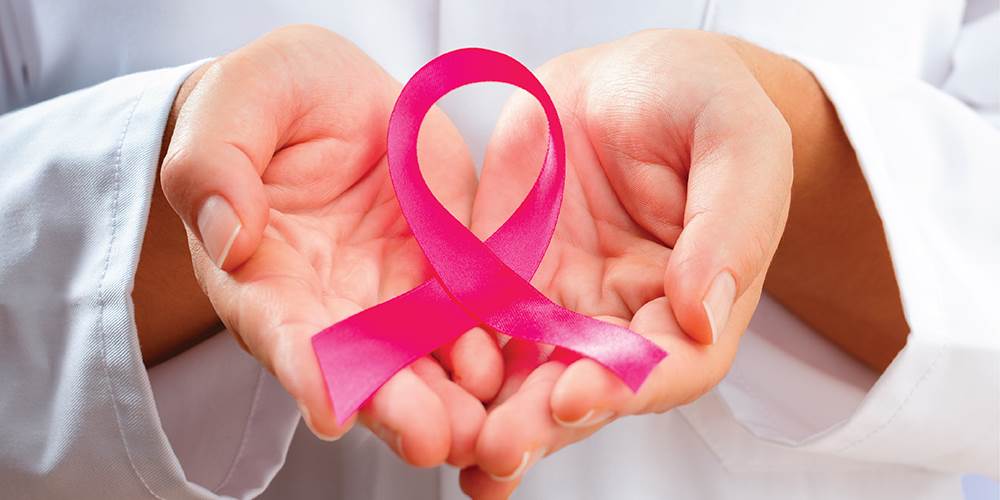Breast Cancer Questions

Q: I was diagnosed with and treated in the standard way for breast cancer. My friends have given me a lot of advice, which has varied from the standard medical approach to the exotic. What can you tell me that can assist me in the post-treatment phase of my breast cancer?
A: We are very pleased that you have undergone standard treatment for your breast cancer. Large studies have confirmed the benefits of treatments that have been standardized and tailored to the specific forms of breast cancer. Today, a cancer can be studied to identify whether it has estrogen receptors and is accurately staged, and what treatment protocols are designed specifically to match the situation.
A good oncologist will organize an appropriate regimen of treatment. It is true that mistakes can be made, as occurred recently in Newfoundland—where a laboratory was found to be incorrectly diagnosing estrogen receptors—but in the vast majority of situations such mistakes are extremely unlikely.
As Adventists, we are very aware of the general benefits and lowering of risk that occur with a lifestyle calculated to increase our exercise, as well as our fruit, vegetable, whole grain, and nut consumption, with a reduction in flesh food intake.
One of the common misconceptions is that such risk-reducing methods should be able to treat cancers. We need to remember that the most conscientious lifestyle does not eliminate risk, it only lowers it, and that modern treatments have been intensively studied and documented during a long time period and with thousands of patients.
With breast cancer it has been difficult to tease out specific protective lifestyle elements, though a report by D. Ingram in the British Journal of Cancer in 1994 (69[3]:592-595) suggested a diet high in vegetables and fruit may decrease risk of breast cancer, while one high in total fat possibly increases risk. Your question, though, comes to the point of whether such diets help after a diagnosis has been made. We do know obesity also contributes to cancer formation—but once again little data exists regarding the effects of weight loss on cancer outcomes once the disease is present.
In 2006, a study by R. T. Chlebowski, et al., reported on reduction of dietary fats and suggested a possible benefit to breast cancer patients (Journal of the National Cancer Institute, 2006; 98[24]:1767-1776), but this was marginally significant.
The most recent report we have read was reported in the Journal of the American Medical Association by the Women’s Healthy Eating and Living Randomized Trial (JAMA, July 18, 2007; vol. 298, no. 3, p. 289), which did not show improved survival with dietary improvements.
This does not mean that diet is unimportant. Persons who develop one type of cancer may be at risk for others. The benefits of a diet high in fruits and vegetables and lower in fat have been well documented as an excellent preventive strategy. Prevention is not the same as cure, though more valuable to those who escape a cancer.
Additionally, breast cancers differ. More work will be required, however, before a definitive answer can be given to you.
In the meantime, a good diet lowers the risk of many other types of cancer.
